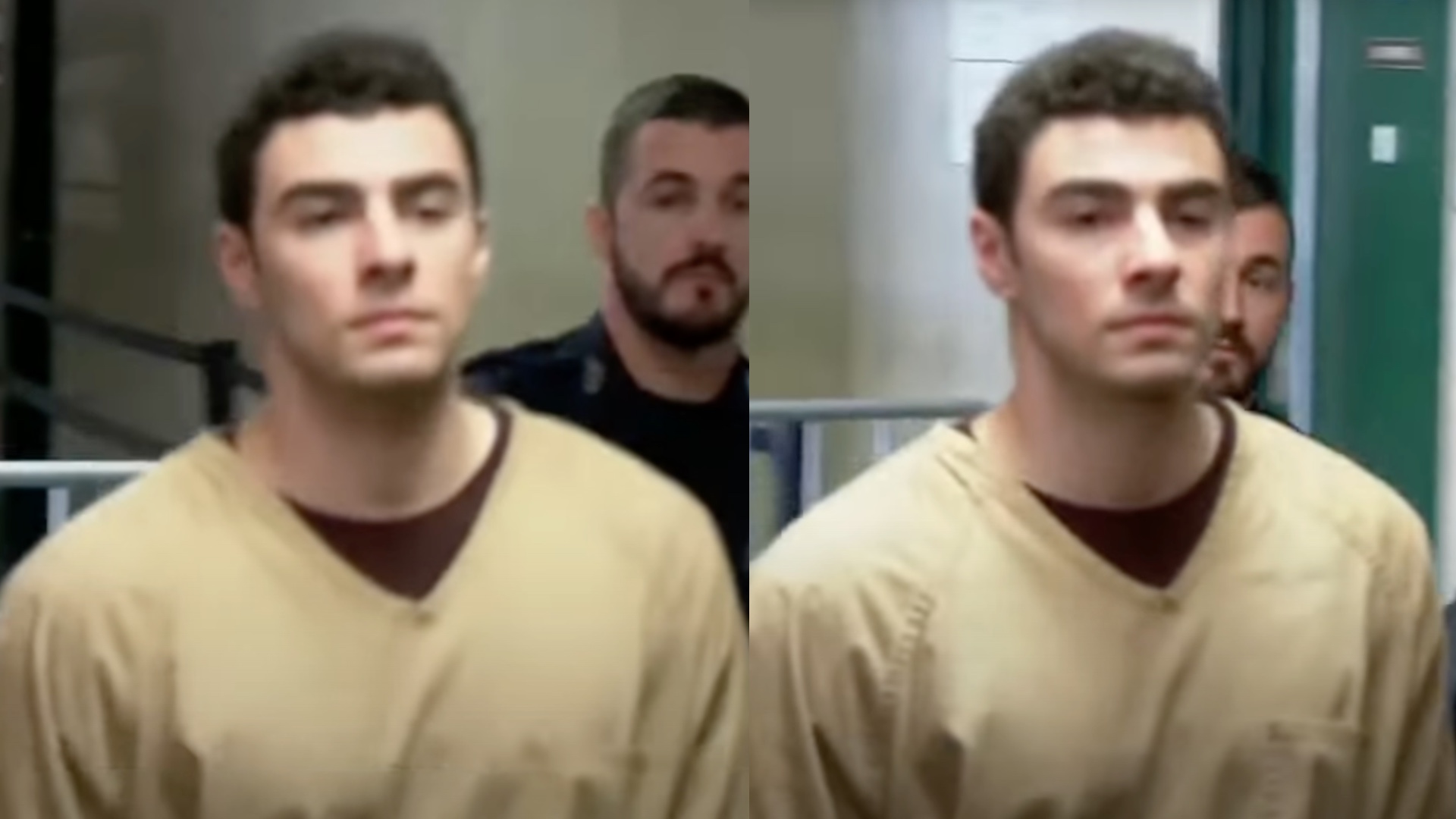New York judge dismisses Luigi Mangione terrorism charges in huge legal win for alleged CEO shooter
Gregory Carro ruled that murder in furtherance of an act of terrorism, and murder in the second degree as a crime of terrorism, could not stand
By Callum Wells

A New York judge has dismissed two terrorism charges against Luigi Mangione, the 27-year-old accused of killing UnitedHealthcare CEO Brian Thompson in December 2024.
Gregory Carro ruled that murder in furtherance of an act of terrorism, and murder in the second degree as a crime of terrorism, could not stand. Mangione still faces second-degree murder charges.
Ivy League graduate Mangione appeared in court on Tuesday (16 September) for the first time since February. The hearing covered several issues, including whether the state or federal case should proceed first, and attempts by his defence team to have state charges dismissed entirely.
Prosecutors maintain that the killing was meticulously planned
Outside the courtroom, Mangione again drew demonstrators, many wearing green in reference to the Nintendo character Luigi, as well as T-shirts with his image.
Prosecutors maintain that the killing was meticulously planned. Security footage shows a masked gunman shooting Thompson from behind as he walked to a meeting at the Hilton Midtown in Manhattan. The bullets were inscribed with the words “delay,” “deny” and “depose” – a phrase often used to criticise insurance companies for dodging claims.
Mangione was pictured on CCTV five days later at a McDonald’s in Altoona, Pennsylvania, more than 200 miles west of New York City. He was flown back to Manhattan and has been held in a Brooklyn federal detention centre, the same facility currently housing Sean “Diddy” Combs.
Defence lawyers argue that facing simultaneous state and federal cases has created a “legal quagmire” that makes it “legally and logistically impossible to defend against them simultaneously”. Prosecutors counter that double jeopardy does not apply, as neither case has gone to trial and each uses different legal strategies.
“Intentions were obvious from his acts, but his writings serve to make those intentions explicit,” prosecutors argued in June
The state case, which carries a potential life sentence, alleges Mangione sought to “intimidate or coerce a civilian population”, targeting insurance workers and investors. The federal case, by contrast, does not include terrorism charges but accuses him of pursuing Thompson. In April, US Attorney General Pam Bondi authorised federal prosecutors to seek the death penalty, describing the killing as “an act of political violence” and a “premeditated, cold-blooded assassination that shocked America”.
Evidence submitted by the Manhattan district attorney’s office includes a notebook allegedly found at the time of Mangione’s arrest, in which he wrote about plans to “wack” an insurance executive. Prosecutors also cited diary entries expressing admiration for Unabomber Ted Kaczynski and a desire to strike at “the deadly, greed-fuelled health insurance cartel”.
One entry claimed that killing an executive “conveys a greedy bastard that had it coming”. Another, reportedly written as a confession “to the feds”, allegedly stated: “It had to be done.”
“Intentions were obvious from his acts, but his writings serve to make those intentions explicit,” prosecutors argued in June. Describing the notes as a manifesto, they concluded: “The murder of Brian Thompson was intended to bring about revolutionary change to the healthcare industry.”
